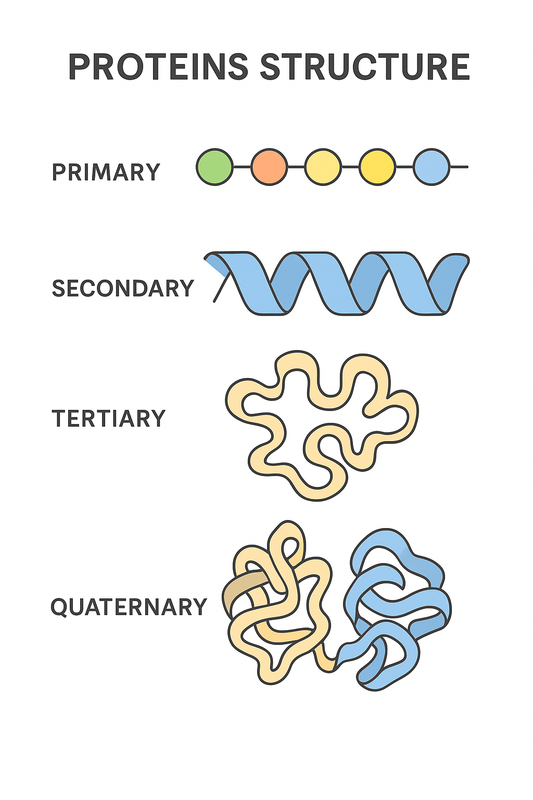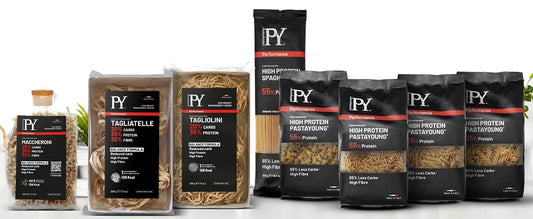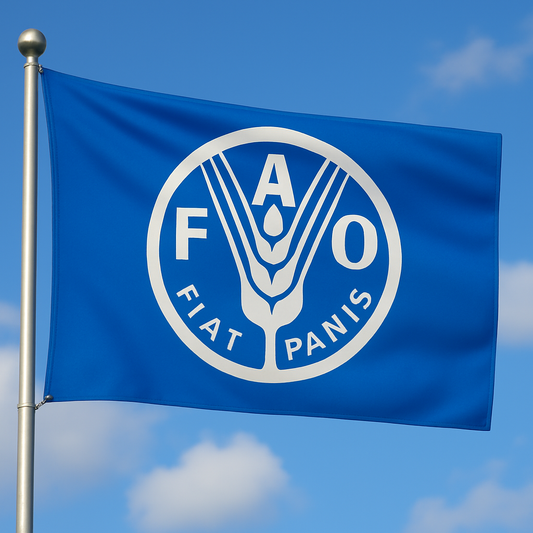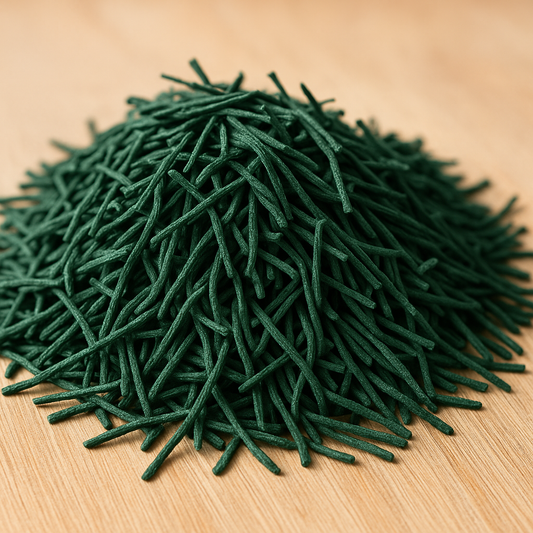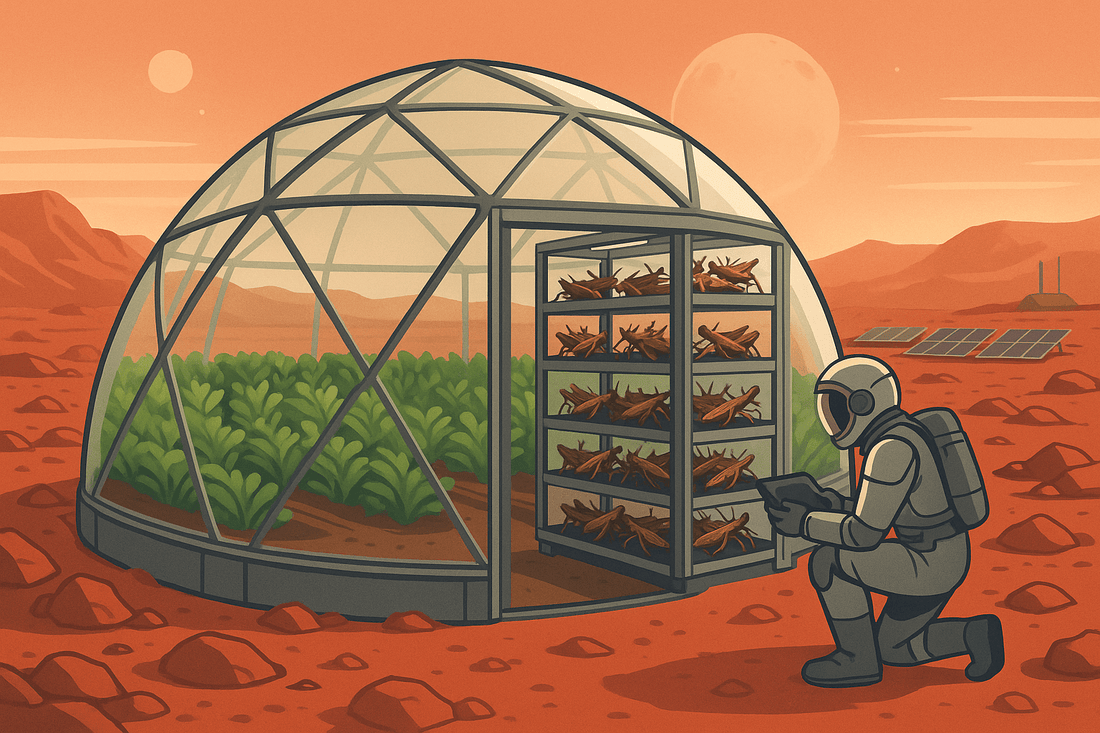
Edible Insect Farming on Mars: A Sustainable Solution for the Future of Colonists
Share
The exploration and colonization of Mars have become some of the most ambitious goals of our space age. However, one of the most critical aspects for the survival of Martian settlers is food security. To support long-term missions and reduce dependency on Earth, it is essential to develop autonomous, sustainable, and nutritious food solutions. One of the most promising options is edible insect farming, which could become a key source of animal protein for future inhabitants of the Red Planet.
Why Insects?
Insects are an extraordinary source of protein, healthy fats, vitamins, and minerals. They are also known to have a much smaller ecological footprint compared to other food production systems, as they require less water, less land, and produce fewer greenhouse gases. These advantages, combined with insects' ability to adapt to closed-environment farming systems, make them ideal for an extraterrestrial context like Mars, where resources are limited and waste management is a priority.
An Integrated Farming System on Mars
Imagine an integrated and self-sufficient system that brings together several crucial elements: insect production, resource management, and waste recycling. This model would be based on a closed ecosystem that simulates a self-sustaining “biosphere,” capable of supporting both human and animal life on Mars.
- Insect Farming: Insects like crickets, grasshoppers, or cockroaches are selected for their high protein yield and ability to adapt to various environmental conditions. These insects could be raised in specialized containers with controlled temperature, humidity, and lighting. Thanks to their rapid reproduction and short life cycle, insects offer a continuous food source without requiring large amounts of space.
- Waste Recycling: Insects themselves can be fed with organic waste produced by the colonists' daily lives, such as food scraps, plant residues, or biological waste from daily activities. This recycling system minimizes waste production and contributes to the sustainability of the Martian ecosystem. Moreover, insect waste (frass) can be used as fertilizer for plant cultivation.
- Water and Nutrients: Water—a limited resource on Mars—would be recycled through a closed-loop collection and purification system. Plants could provide oxygen and absorb carbon dioxide, creating a balance similar to that of a natural habitat. Energy management, likely powered by solar panels, would ensure the energy needed to sustain the system.
- Protein Production: Colonists could obtain the necessary animal proteins for a balanced diet by regularly harvesting insects, which could be eaten fresh or dried to ensure long-term preservation. Insect protein powders could also be used to make other foods, such as energy bars or pasta.

Benefits for Martian Colonists
Edible insect farming on Mars offers numerous advantages:
- Sustainability: A self-sufficient system that reduces the need to import resources from Earth, lowering costs and increasing autonomy.
- Efficiency: Insects have an extremely high feed conversion rate, meaning they produce more protein per unit of resource compared to other forms of livestock.
- Resilience: The farming system can be easily adapted to different climatic conditions, allowing colonists to respond to unexpected changes in the Martian environment.
Conclusion
Edible insect farming represents one of the most promising and realistic solutions to ensure the nutrition of future settlers on Mars. Sustainable, efficient, and capable of integrating seamlessly with other life support systems, this practice could become one of the foundations for the creation of self-sufficient colonies, where resources are used optimally to guarantee human survival. A crucial step toward establishing a lasting human presence on Mars.

